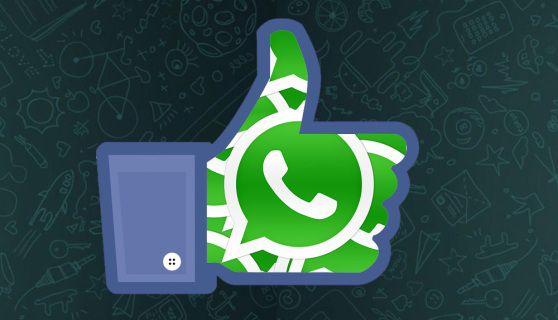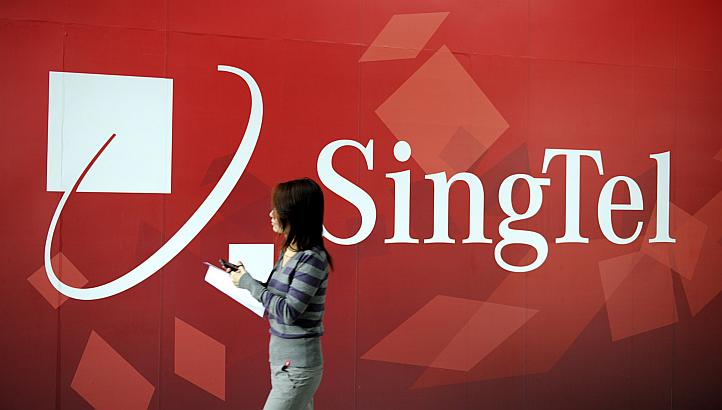
When Whatsapp first announced on Monday that they would be introducing voice calls to their immensely popular app, we predicted that mobile telecommunication providers across the globe would become very worried with how this development would effect them. It didn’t take long for Singtel to fire off the first shots to protect their interests.
Over The Top (OTT) apps like Whatsapp, and to a lesser extent Viber, WeChat and Skype have been slowly eating into the telcos revenue streams. Only a few years ago, it would have cost at least RM1 for an end user to send out a simple text message to someone outside the country. Today it costs virtually nothing. With Whatsapp’s phenomenal growth over the last two years, the number of people who rely on Short Messages (SMS) have dropped significantly. But SMS was never really a critical revenue stream for telcos for a while now. Voice calls, now that is a whole different ball game.

Even with the introduction of data plans, mobile telecommunication providers still gain a huge bulk of their revenue from voice plans. International voice calls as well as mobile roaming is a very lucrative bit of the telecommunication business that ensures the telcos make a healthy profit which in turn allows them to expand and upgrade their networks and infrastructure. Essentially, the relationship between telcos and OTT’s like WhatsApp is a symbiotic one. If telcos don’t make a profit, and don’t upgrade their infrastructure, then OTT’s like WhatsApp wont even be of any use to anybody.
Not if Mark Zuckerberg has anything to say about it thou. On Tuesday, the Facebook founder who last week oversaw the purchase of WhatsApp, revealed plans to provide free internet access across the globe to everyone. Yes free. And who is to say he won’t achieve this is the very near future. The only question that remains is where do current telecommunication providers fit into this grand scheme of things to come.
Singtel, who owns Optus in Australia wants regulators to allow them to charge the likes of WhatsApp and Skype for use of their networks. Apart from charging the end user for data plans, telcos like Singtel and Optus have until now not been able to tap into the immense revenue stream that these OTT Apps are manipulating.
Are telcos fast becoming irrelevant as the internet takes over? Let us know in the comments box below.
Sources : smh.com.au, washington post, information week.
Follow us on Instagram, Facebook, Twitter or Telegram for more updates and breaking news.



